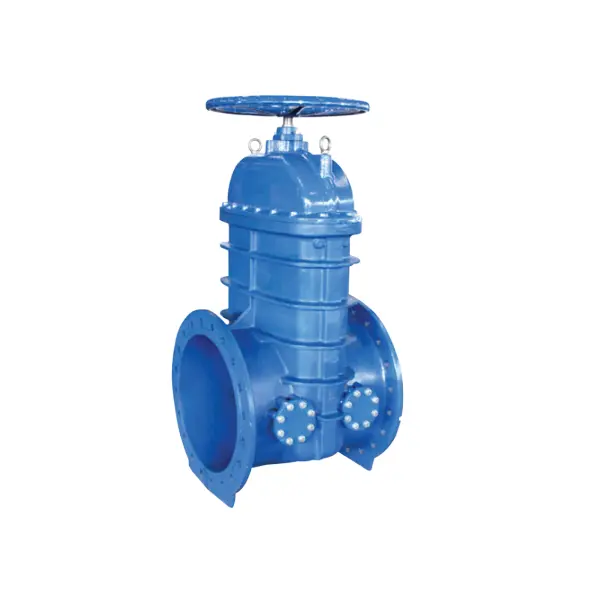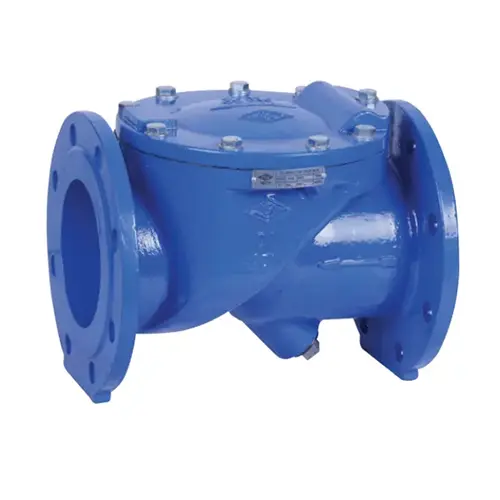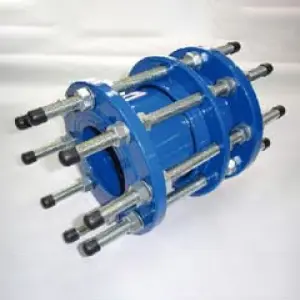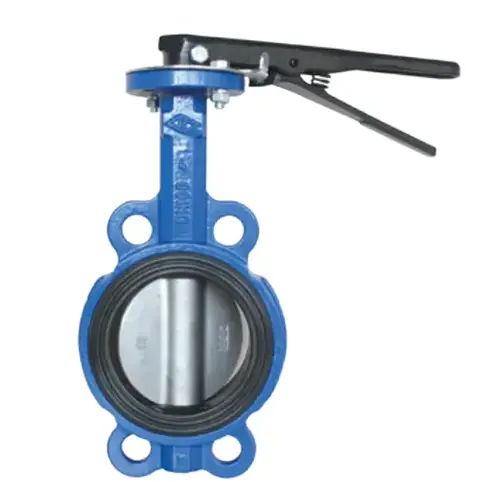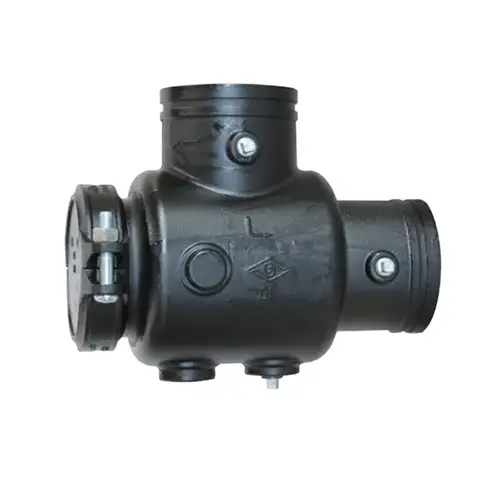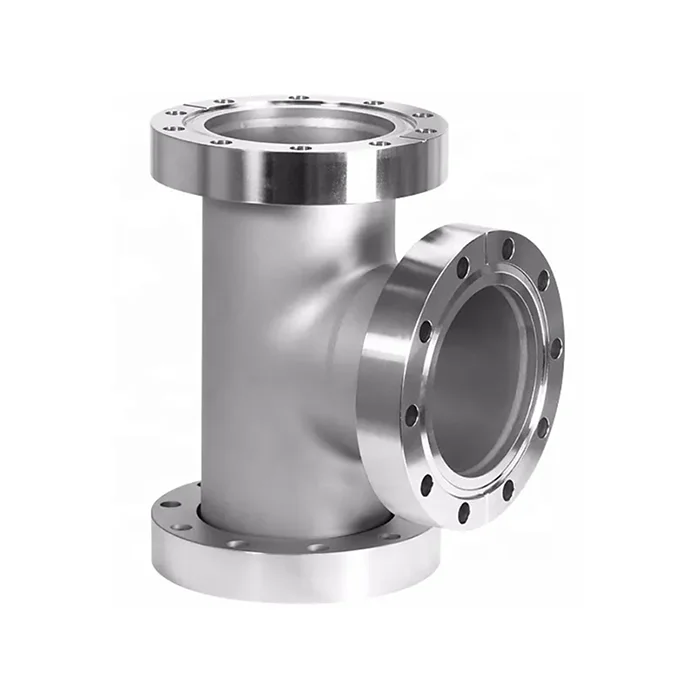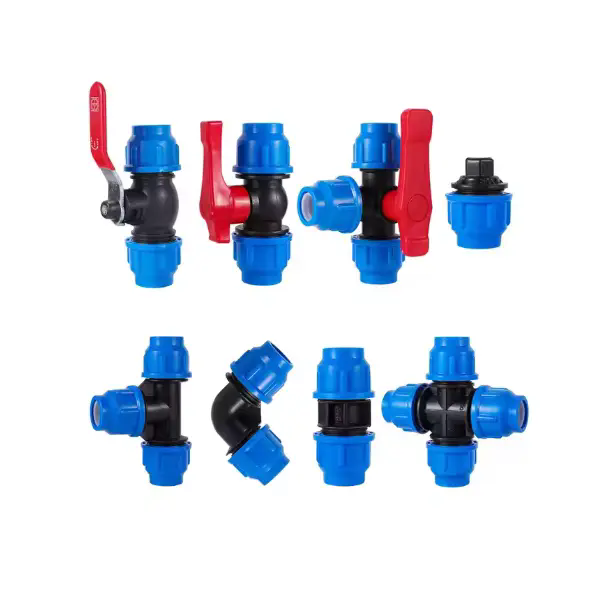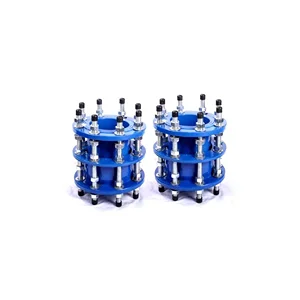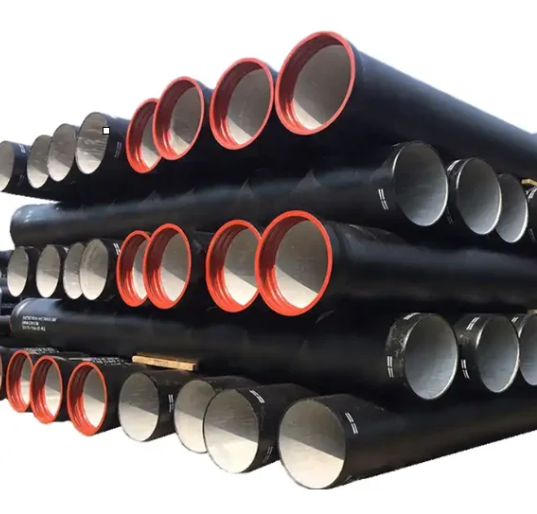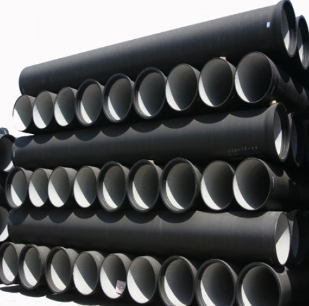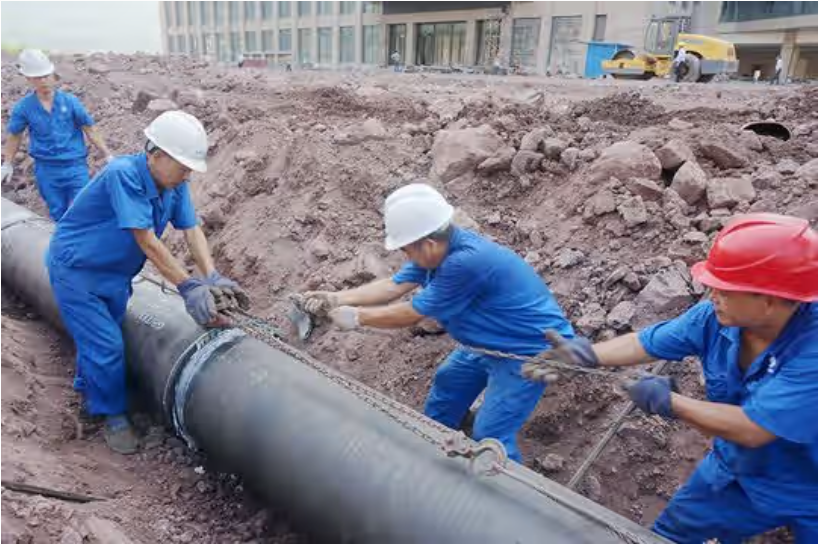Email Us
What is the difference between PE pipe and UPVC pipe?
1. Material CompositionPE pipes are made from polyethylene, a flexible thermoplastic with a simple hydrocarbon structure. UPVC pipes are made from rigid polyvinyl chloride without plasticizers, resulting in a stiff, amorphous polymer with polar molecular chains.
2. Flexibility
PE pipes are highly flexible and can be coiled for transport, allowing bends without additional fittings. uPVC pipes are rigid and brittle, requiring elbows or couplings for directional changes.
3. Temperature Tolerance
PE pipes handle extreme temperatures (-60°C to 60°C; HDPE resists up to 80°C) and survive freeze-thaw cycles. uPVC pipes are limited to 0°C–60°C, becoming brittle below freezing and deforming above 60°C.
4. Chemical Resistance
PE pipes resist a wide range of chemicals, including acids, alkalis, solvents, and fuels. uPVC pipes tolerate inorganic acids and salts but degrade when exposed to organic solvents (e.g., acetone, gasoline).
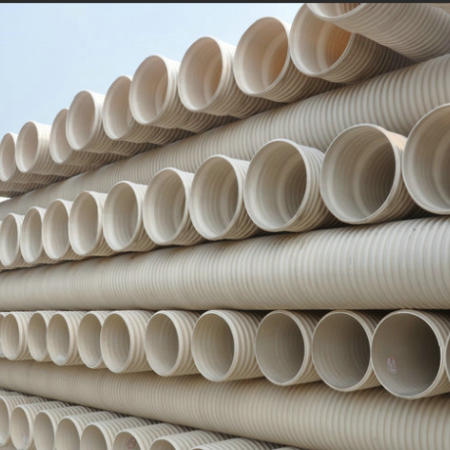
5. Impact Strength
PE pipes have high impact resistance, absorbing shocks without cracking (e.g., if dropped or frozen). uPVC pipes are prone to cracking under physical stress, especially in cold conditions
6. Installation Methods
PE pipes use heat fusion welding: joints are melted into seamless, leak-proof connections (requiring special equipment). uPVC pipes use solvent cement or rubber ring joints, enabling quick, glue-based assembly without welding tools.
7. Primary Applications
PE pipes excel in gas distribution, underground water lines, mining/slurry transport, and radiant heating due to flexibility and corrosion resistance. uPVC pipes dominate building drainage, cold water supply, chemical drainage systems, and electrical conduits for their rigidity and low cost.
8. Durability & Cost
PE pipes last 50–100 years in buried applications but have higher material/installation costs. uPVC pipes last 50+ years in stable indoor environments and are cheaper upfront, though joints may degrade over time.
9. Environmental Resistance
PE pipes often include UV stabilizers for outdoor use. uPVC pipes require UV-resistant coatings outdoors; sunlight exposure causes gradual degradation.
Use PE pipes for flexible, freeze-resistant, or underground projects (e.g., gas, irrigation).
Choose uPVC pipes for rigid, low-cost plumbing/drainage in temperature-controlled environments.
Avoid uPVC in sub-zero temperatures or high-impact zones; avoid PE where high rigidity is critical.
SHANDONG EPOCH EQUIPMENT CO., LTD. is a large-scale professional manufacturer in Shandong Province of China, adheres to the orientation of science and technology, environmental protection, quality and efficiency. At present, it has grown into a trans-regional and multi-industrial enterprise integrating such wide industries as design, development, production and export. Visit our website at https://www.epochpipeline.com/ to learn more about our products. For inquiries, you can reach us at sdepochwater@hotmail.com.
- Why Choose Between UPVC Pipes and HDPE Pipes?
- Why Is Ductile Iron Pipe Still the Safe Choice for Long-Life Water Networks?
- Which Pipeline Installation Machines and Tools Help Me Deliver Faster, Safer, and More Profitable Projects?
- Key points for quality inspection of ductile iron pipes
- Why do Carbon Steel Pipes keep winning tough industrial projects?
- What are the connection methods for ductile iron pipes?
About Us
Contact Us
No. 112, Jiefang Road, Lixia District, Jinan City, Shandong Province, China
Copyright © 2025 Shandong Epoch Equipment Co., Ltd. All Rights Reserved.


